Black Plastic Mulch: The Ultimate Guide To Using This Weedkilling Watersaving Mulch
Black plastic mulch is a type of inorganic mulch that is used to suppress weeds, conserve water, and improve soil conditions. It is made from a thin sheet of black polyethylene film that is laid over the soil surface. The black color of the plastic absorbs sunlight, which heats up the soil and creates a warm microclimate. This warm microclimate helps to speed up plant growth and development, and it also helps to suppress weed growth.
Black plastic mulch is a popular choice for gardeners and farmers because it offers a number of benefits. Some of the key benefits of black plastic mulch include:
- Weed suppression: Black plastic mulch is very effective at suppressing weed growth. The black color of the plastic blocks out sunlight, which is essential for weed germination and growth. This can save you a lot of time and effort weeding your garden.
- Water conservation: Black plastic mulch can help to conserve water by reducing evaporation from the soil surface. The plastic film creates a barrier between the soil and the air, which helps to keep the moisture in the soil. This can be especially beneficial in areas with hot, dry climates.
- Soil warming: Black plastic mulch can help to warm up the soil in the spring and fall. This can be beneficial for plants that prefer warmer soil temperatures, such as tomatoes, peppers, and eggplants.
- Improved soil conditions: Black plastic mulch can help to improve soil conditions by reducing erosion and compaction. The plastic film helps to protect the soil from the elements, and it also helps to create a more stable growing environment for plants.
How to use black plastic mulch
Black plastic mulch is easy to use. Simply lay the plastic film over the soil surface, and then secure it in place with stakes or rocks. Be sure to leave a few inches of space around the edges of the plastic film so that water can drain properly.
The best time to apply black plastic mulch is in the spring, before you plant your crops. However, you can also use black plastic mulch in the fall to help protect your plants from the cold.
How to dispose of black plastic mulch
Black plastic mulch can be disposed of in a number of ways. You can recycle it, compost it, or simply bury it in your garden. If you choose to recycle the plastic mulch, be sure to remove any plant debris from it first.
Conclusion
Black plastic mulch is a versatile and effective tool that can help you to improve your gardening results. It is easy to use, and it offers a number of benefits, including weed suppression, water conservation, soil warming, and improved soil conditions. If you are looking for a way to make your gardening easier and more productive, black plastic mulch is a great option.
Black plastic mulch is a type of mulch that can be used to improve crop yields and reduce weed growth. It works by absorbing sunlight and warming the soil, which can help plants grow faster and more vigorously. Black plastic mulch can also help to suppress weeds by blocking out sunlight and making it difficult for them to germinate.
If you are interested in learning more about black plastic mulch, please visit our website at Home Gardening. We have a wealth of information on the benefits of using black plastic mulch, as well as tips on how to properly install and maintain it.
FAQ of black plastic mulch
- What is black plastic mulch?
Black plastic mulch is a type of mulch that is made from a black plastic sheet. It is used to suppress weeds, conserve water, and warm the soil. Black plastic mulch is typically laid out over the ground in rows, and then holes are cut in the plastic where plants are to be planted.
- What are the benefits of using black plastic mulch?
Black plastic mulch offers a number of benefits, including:
* Weed suppression: Black plastic mulch blocks sunlight, which prevents weeds from germinating. This can save you a lot of time and effort weeding your garden.
* Water conservation: Black plastic mulch helps to conserve water by reducing evaporation. This can be especially helpful in hot, dry climates.
* Soil warming: Black plastic mulch absorbs sunlight and heats up the soil, which can help plants to grow faster and healthier. This is especially beneficial for warm-season crops like tomatoes and peppers.
- How do I use black plastic mulch?
To use black plastic mulch, you will need to:
1. Choose the right type of black plastic mulch. There are a variety of black plastic mulches available, so it is important to choose one that is appropriate for your needs. For example, if you are planting in a hot climate, you will need to choose a black plastic mulch that is specifically designed to reflect heat.
2. Prepare the soil. The soil should be loose and free of weeds. You may need to till the soil before you lay down the black plastic mulch.
3. Lay out the black plastic mulch. The black plastic mulch should be laid out in rows, with the holes for the plants spaced evenly apart.
4. Cut holes in the black plastic mulch. The holes should be large enough to accommodate the plants' roots.
5. Plant the plants. Once the holes are cut, you can plant the plants.
6. Water the plants. After you plant the plants, water them thoroughly.
- How long can I use black plastic mulch?
Black plastic mulch can be used for one or more seasons. If you are using it for one season, you can remove it at the end of the growing season. If you are using it for multiple seasons, you may need to replace it every few years.
- Is black plastic mulch safe?
Black plastic mulch is generally considered to be safe. However, it is important to note that some black plastic mulches may contain harmful chemicals. It is important to read the label carefully before you purchase black plastic mulch to make sure that it is safe for use in your garden.
- What are some alternatives to black plastic mulch?
There are a number of alternatives to black plastic mulch, including:
* Organic mulches: Organic mulches, such as straw, wood chips, and bark, can also be used to suppress weeds, conserve water, and warm the soil. However, organic mulches do not last as long as black plastic mulch.
* Water-soluble polymers: Water-soluble polymers are a type of product that can be added to the soil to help it retain water. This can help to conserve water and reduce the need for black plastic mulch.
* Cover crops: Cover crops are plants that are grown to cover the soil. They can help to suppress weeds, conserve water, and improve the soil quality. Cover crops can be a good alternative to black plastic mulch, but they do require more maintenance.
Image of black plastic mulch
10 different images of black plastic mulch that are free to use:
- A field of strawberries covered in black plastic mulch.
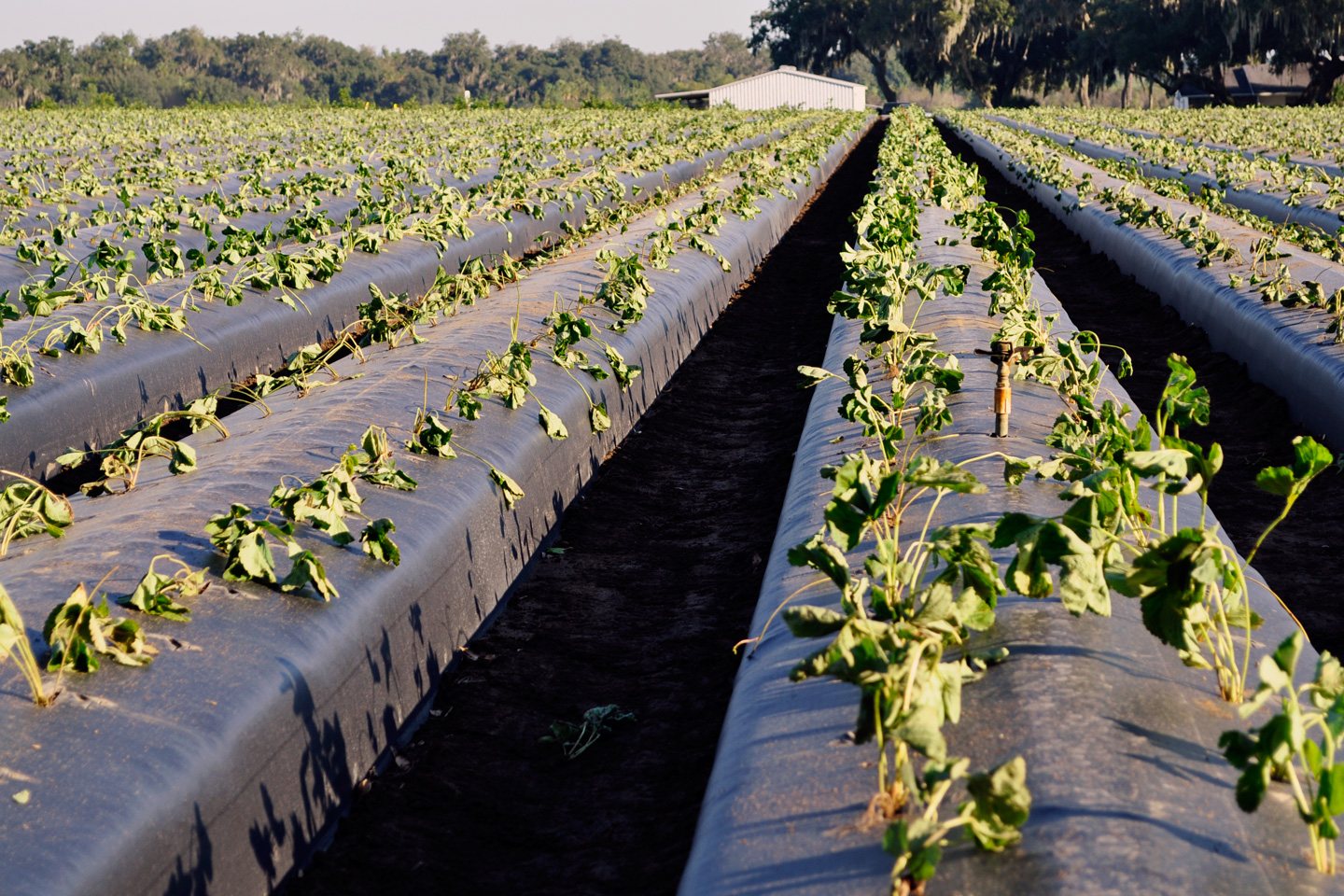
- A row of tomato plants growing in black plastic mulch.
- A tractor laying black plastic mulch in a field.
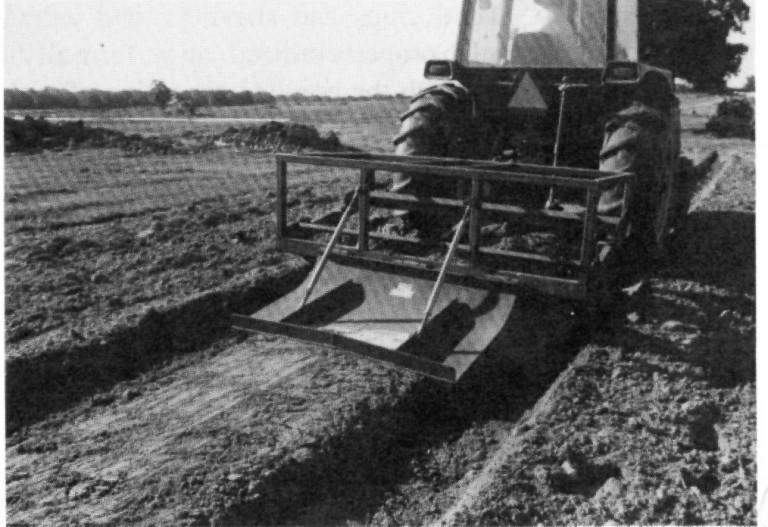
- A close-up of black plastic mulch with holes cut out for plants to grow through.
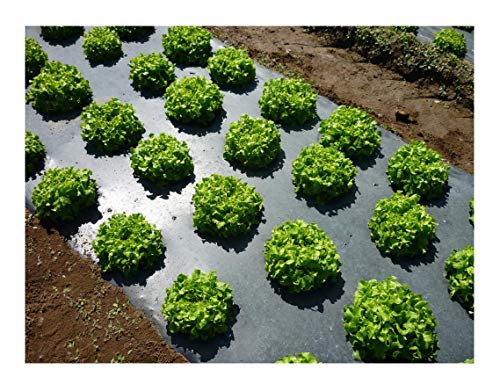
- A pile of black plastic mulch.
- A worker spreading black plastic mulch on a lawn.

- A bed of flowers covered in black plastic mulch.
- A tree with the trunk wrapped in black plastic mulch.

- A patch of soil covered in black plastic mulch with a few weeds poking through.
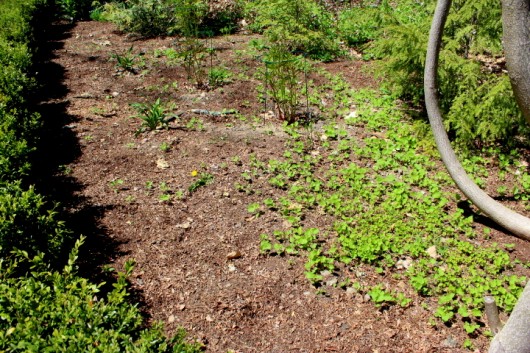
- A close-up of the texture of black plastic mulch.
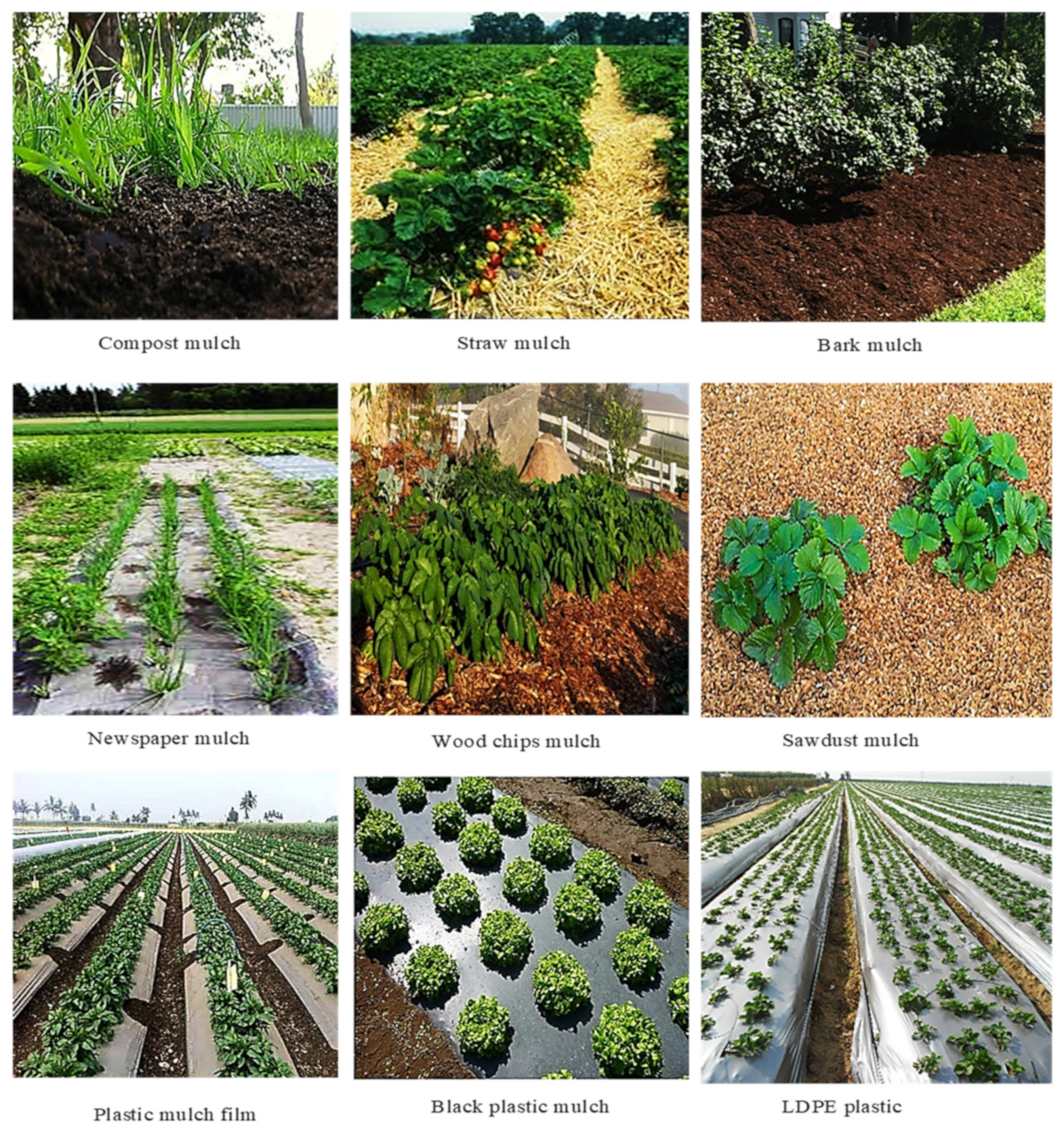
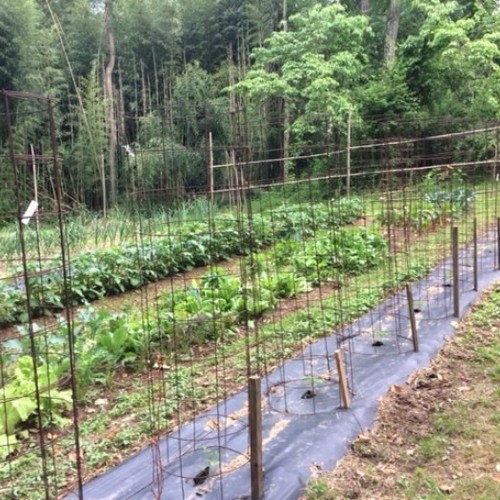
Post a Comment for "Black Plastic Mulch: The Ultimate Guide To Using This Weedkilling Watersaving Mulch"